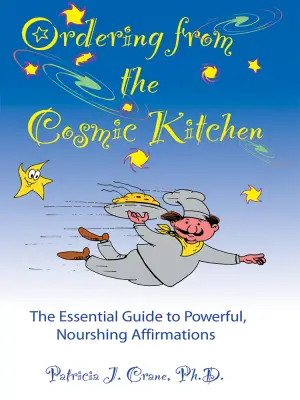Under the Tulip Tree: A Resonating Tapestry of Heart and History
When I first stumbled upon Under the Tulip Tree by Michelle Shocklee, I was drawn in by its rich historical context and emotional depth. The intertwining lives of two women across the stark boundaries of time, race, and circumstance seemed like a powerful exploration of both personal and collective histories. Little did I know that this book would not only captivate me but also leave an indelible mark on my understanding of humanity.
The novel centers around sixteen-year-old Lorena “Rena” Leland, whose dreams of a bright future as a writer clash head-on with the harsh realities of the Great Depression. It’s a familiar backdrop, yet Shocklee introduces us to the complexities of Rena’s world with grace and authenticity. Haunted by her family’s past—her ancestors directly tied to the enslavement of others—Rena’s journey takes a transformative turn when she interviews Frankie Washington, a 101-year-old former slave. Frankie’s harrowing yet inspiring recounting of her life captures Rena’s heart and prompts both women to grapple with their preconceptions about race, history, and resilience.
One of the novel’s most profound themes is the power of storytelling itself. As Frankie’s narrative unfolds under the metaphorical tulip tree, it not only bridges the gap between their disparate lives but also serves as a reminder of the importance of listening to marginalized voices. The delicate depth with which Shocklee writes about these real and painful experiences is commendable; her empathetic portrayal of Frankie was so vivid that I often felt as if I were sitting beside them, sharing in their bond.
I was particularly struck by a poignant passage where Frankie reflects, “Hatred is a powerful thing. It can turn a person into something they ain’t.” This moment encapsulates the essence of the book—it challenges readers to confront the legacy of their histories, and the complexity of human relationships that persist amidst societal divisions.
The pacing of Under the Tulip Tree is deliberate yet captivating, allowing readers to savor each moment while maintaining a steady emotional rhythm. Shocklee’s writing flows effortlessly, whether she is crafting heart-wrenching scenes of struggle or moments of tenderness and connection. Each chapter felt purposeful, contributing to a well-woven tapestry of themes that explored forgiveness, redemption, and the quest for identity in the face of adversity.
For those who enjoy historical fiction with heartfelt, nuanced storytelling, Under the Tulip Tree is a must-read. It resonated deeply with me, reminding me of the rigor of empathy and the necessity of understanding our past to forge a better future. As I closed the final pages, I was left with a lingering sense of hope, nourished by the bond of friendship that transcends generations and circumstances.
Ultimately, Michelle Shocklee’s Under the Tulip Tree is not just a book; it’s an experience that invites readers to look beyond surface differences and embrace shared humanity. I urge you to immerse yourself in this beautifully crafted narrative; perhaps you, too, will find your understanding of love and resilience transformed.
You can find Under the Tulip Tree here >>






